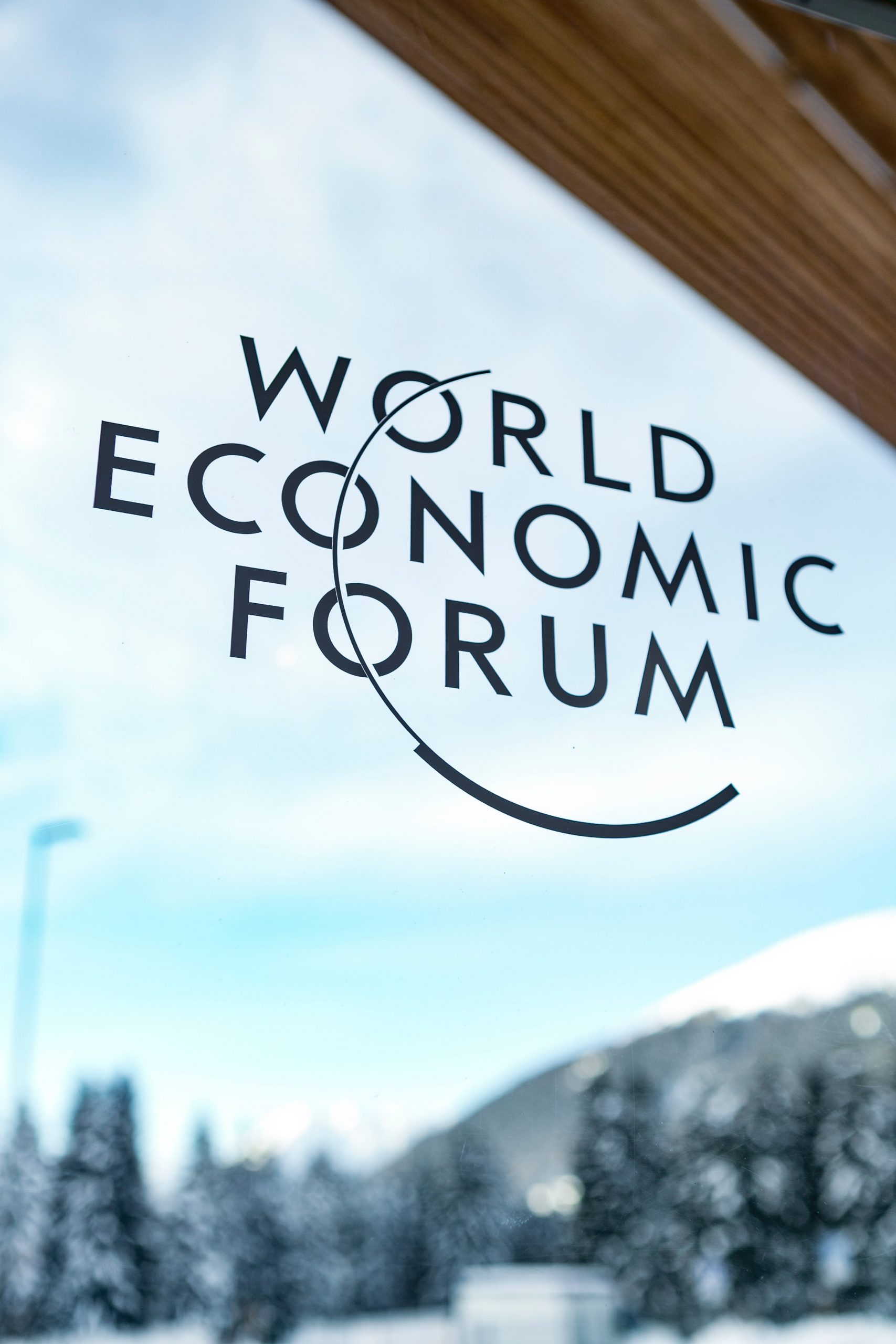What does it mean to be a conscious citizen? In her monthly column, senior strategic leader in sustainable and international development, Natasha Hafez explores and expounds on precisely that. Join in her journey towards humanity with purpose.
From their lush, green mountains sloping with flowering meadows, to snow-capped peaks and icy glaciers, the Swiss Alps are a panoramic source of wonder with 360 degrees of breathtaking views. A common favourite for Windows PC preset lock screens, with its awe-inspiring summits like the iconic Matterhorn, the only thing that is better than looking at the majestic and natural beauty is to physically be there.
Last week marked the close of the 2022 World Economic Forum’s (WEF) Annual Meeting in the Swiss Alpine ski resort, Davos Klosters. With an urgent theme of ‘History at a Turning Point,’ this year’s meeting had historical relevance – it was a meeting of many firsts. The annual event was postponed from its originally scheduled winter dates (17-21 January); it was in-person for the first time since coronavirus took over the world; and it took place in the midst of a tense war and a backdrop of worsening global frictions and fractures. The meeting called upon powerful leaders for global responsibility, more action, and cooperation.
The WEF is an international organisation headquartered in Geneva, that brings together its membership of private and public sector leaders, prominent thinkers, diplomats, celebrities and influencers, religious leaders, and personalities from around the world each year to discuss major issues that impact the global economy. Issues include, but are not limited to, political, economic, social, and environmental concerns. Since its founding in 1971, the organisation’s more than 50-year mission has embodied a collaborative, multi-stakeholder impact philosophy that seeks to build problem-solving communities and initiatives through reconnecting and sharing insights and perspectives.
The WEF is based upon stakeholder theory: a set of ideas and the system of principles suggesting that whilst a private sector entity’s aim is to increase profits for its shareholders, it is incumbent upon the organisation to view the rest of society as having a stake in the company’s actions. Accordingly, it is the employees, customers, and the local and global communities (the stakeholders) that are to be considered in making key decisions. The WEF itself has no independent decision-making power, however it seeks to influence powerful people to make important decisions that benefit our global community.
After nearly a week of convening more than 2,000 participants, 450 organised sessions, and hundreds of more side meetings, participants shared a glooming sense of uncertainty around the geopolitics and economics around the world.
Here are some key takeaways from the week’s events:
Discussions took place addressing growing global tensions and the war in Ukraine. Ukraine’s President Volodymyr Zelenskyy thanked the international community for its support whilst asking for more; former US Secretary of State, Henry Kissinger advised “diplomatic negotiations be sensitive, informed, and unilaterally strive for peace.”
Many conversations and debates were around the different causes and degrees of inflation around the world. With surging inflation and the stock market’s dismal performance, the future of work brought about discussions for fundamental shifts, including the potential for a four-day work week, more diversity, and inclusion.
Other important topics included: the role of entrepreneurs and corporate social responsibility in solving the climate and energy crisis, food insecurity on the rise, and the future of technology with cryptocurrency’s unique ecosystem that is unlike traditional financial markets and regulations.
Health equity and the ongoing impact of the pandemic was central to many discussions and global challenges.
We have a responsibility to set examples and protect all populations. One pharmaceutical giant made an announcement and commitment in Davos to provide all patent-protected medicines on a not-for-profit basis to developing countries.
So, what’s next?
Ingenuity, creativity, and better cooperation of all public and private sector players is needed at a time when the world is in crisis after crisis. In order to build resilience in people, communities, our economy, and climate, we need greater accountability, stronger investments in health and education, and more social protection all around.
We are at the peak, on the edge of a precipice. No single entity or government has the funding or power to end the world’s greatest challenges, solve climate change, reduce inequality, or surmount barriers to exclusion. Understanding our decision-making power to be forces for good is critical.
Many private sector leaders are adopting corporate sustainability that is built around environmental, social, and good governance approaches that support positive impact. From measuring carbon footprints, building diverse and inclusive workplaces, and prioritising ethical and responsible standards that address the issues discussed in Davos, our choices and actions determine the course for the future.
Together, let’s move mountains.
Yours,
The Conscious Citizen

























Any Questions or Tips to add?